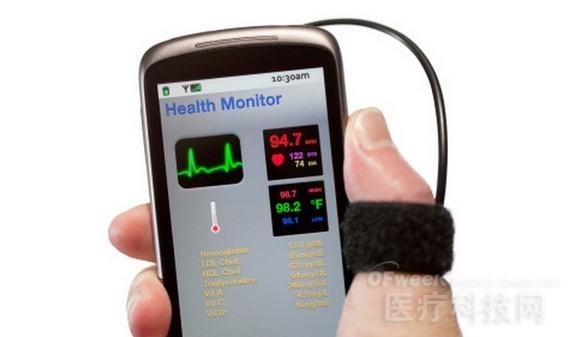Since last year, the acquisition of medical device-related listed companies has been frequent. According to incomplete statistics, in the first half of 2008-2015, there were 111 mergers and acquisitions in China's medical device industry . The amount of M&A reached US$7.3 billion, and the average amount of each M&A spent more than US$40 million, and the quantity and amount involved were still growing. Why is the medical device industry frequently appearing in the tide of mergers and acquisitions? In 2014, it was referred to by the industry as the “policy year†of the medical device industry: the State Food and Drug Administration and the Health Planning Commission successively issued the “Special Approval Procedure for Innovative Medical Devices (Trial)â€, and launched the selection of excellent domestic medical equipment. After the listed companies in the equipment category were favored by capital, the inter-company mergers and acquisitions activities were once again accelerated. A particularly obvious phenomenon is that more and more medical device giants are targeting small and medium-sized medical device companies in China, whether they are multinational giants or local listed companies. In the eyes of the industry, the acquisition of China's SMEs, in addition to better adapt to the "localization" strategy of the equipment giant, to expand the production and sales lines in the local market, the use of mergers and acquisitions to maintain the company's high growth performance has become another major reason. Taking Xinhua Medical as an example, the company's revenue scale was 1.342 billion yuan in 2010. Since then, it has grown at a rate of about 1 billion yuan per year. In 2013, it achieved revenue of 4.194 billion yuan and net profit of 232 million yuan. Among them, newly acquired assets have become the main source of rapid growth of the company's performance. "For medical device companies with sales of more than 5 billion, the company's own innovation ability can't keep up with the market's expectations. As far as I know, the number of R&D departments of many international medical device giants is declining because the cost is too High, and the acquisition of products by M&A will be more market-oriented, and the cost and benefits will be much better.†At the 5th China Medical Device Summit Forum, Ning Yihua, chairman of Jingyi Medical, told reporters, “Rely on several products. It is impossible to grow more than one billion yuan a year, so their more strategy is to acquire more new products in such a low-cost, market-oriented way." Why are SMEs willing to be acquired? "Now the medical device industry is truly a small enterprise. The changes in the industry depend more on the innovation of small enterprises. After the product is successful, you can choose to enlarge the market yourself or be acquired by a large company." Ning Yihua told reporters. . In more cases, the well-developed small and medium-sized medical device companies chose to be acquired. Take Yi'ao Health's acquisition of Aollo as an example. Although its products include blood pressure meters, blood glucose meters, and supporting medical instruments such as test strips and thermometers, due to fierce market competition, it is impossible to carry out large-scale on its own. The market expansion, its financial report shows that the company's 2013, 2014, January-July 2015 net profit was -875,000 yuan, -570,800 yuan, 1,800,800 yuan, the profit level is not good. Simplified products are difficult to gain competitive advantage in the market, but the value becomes obvious when integrated into the upstream and downstream industry chains of large enterprises. For example, Lepu Medical has been able to enter the field of angiography through the acquisition of Jin Weifan, using its strong sales channels in the field of cardiac specialists for industrial chain extension; two years ago, Medtronic, which is known as the “M&A Machine†in the industry, cost US$816 million. The acquisition of Kanghui Holdings (China) Co., Ltd., and subsequent investment in Xinnuopu Medical and Hanxuputai, are all hoped to borrow the strength of cooperation to further the localization of China and the new business of medical solutions. Canned Tuna,Fresh Canned Tuna,Frozen Canned Tuna,Canned Skipjack Chunk ZHEJIANG RETRONX FOODSTUFF INDUSTRY CO.,LTD , https://www.retronxfoods.com